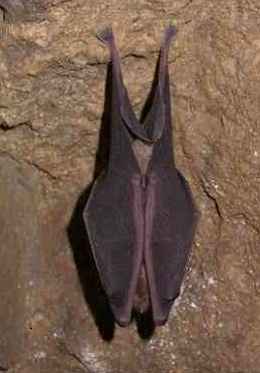BATS PROTECTION LAW: Chiroptera (scientific name for bats) are a European protected species. In fact, bats are mammals and the only mammal that flies (like a bird).
Laws protect all bat species and their breeding sites (roosts). You risk breaking the bats protection law if you:
- Capture, injure, or kill bat species on purpose.
- Damage, destroy, or obstruct access to their breeding roost or shelter.
- Possess, control, sell, or transport live or dead bats, or their body parts.
- Recklessly disturb a bat inside a protective structure or its resting place.
In some isolated cases you might get a bat licence from Natural England. But, as a rule, they only issue bat licences for special reasons.
An example could be if there is no way to avoid disturbing them or damaging the bat’s habitat. Certain wildlife licences may be available to those who want to survey bats or conserve them.
Note: Being found guilty of any bat offences has serious consequences. The result for offenders can be either (or both) of these punishments.
- You can receive a prison sentence for up to 6 months.
- You could get a fine (there is no upper limit to bat fines).
Activities that Harm Bat Species
 Certain activities are prone to harming or affecting bats. They include:
Certain activities are prone to harming or affecting bats. They include:
- Converting, demolishing, or renovating a building.
- Repointing brickwork on an old property.
- Cutting down or removing big branches from a mature tree.
- Repairing or replacing a property roof.
- Insulating or converting a loft.
- Installing lighting inside a roost.
- Installing lights outside where it lights up the roost entrance.
- Removing their ‘commuting habitats‘ (e.g. hedgerows, watercourses, woodland).
- Changing or removing the usual foraging areas for bats.
- Using harmful insecticides or treating timber with chemicals.
You must use practices that avoid harming the bats. As a rule there will be alternatives to damaging or blocking access to their habitats.
Note: You must use an expert to perform a bat survey. You can find a bat expert using either the Chartered Institute of Ecology or the Environment Management directory. The bat survey shows what type and how many there are. It will also show how the bats are using the building or area. Thus, you can plan to avoid harming the mammals.
Bat Licence Application
There are some occasions where it is impossible to avoid harming bats or their habitats. In this case, you can apply for a mitigation licence (A13-a and A13-b) from Natural England.
You may also need one of the Natural England bat licences for other prohibited activities. They include:
- Surveying and doing bat research
- Possessing bats
- Certain conservation activities
Some building construction can affect protected species. Ecological consultants can register to use a class licence. Doing so may avoid the need for an individual licence for certain low impact activities.
Bat Roost Protection and Bat Helpline
Contact the ‘Bat Conservation Trust‘ helpline for general queries and emergencies if:
- You believe there is a bat roost in or near your house or place of worship. They will help if you want to carry out small scale works or pest control.
- You have any concerns about the bat species in your area.
The Bat Conservation Trust
5th floor, Quadrant House
250 Kennington Lane
London SE11 5RD
Email: [email protected]
Telephone: Bat Helpline 0345 1300 228 (charged at local call rate)
Open Monday to Friday: 9am – 5.30pm
(Excluding bank holiday periods).
The bat experts will give you advice. They may also send a Natural England bat roost volunteer to inspect your property. They offer this free service for small-scale building works if it does not need planning permission.

